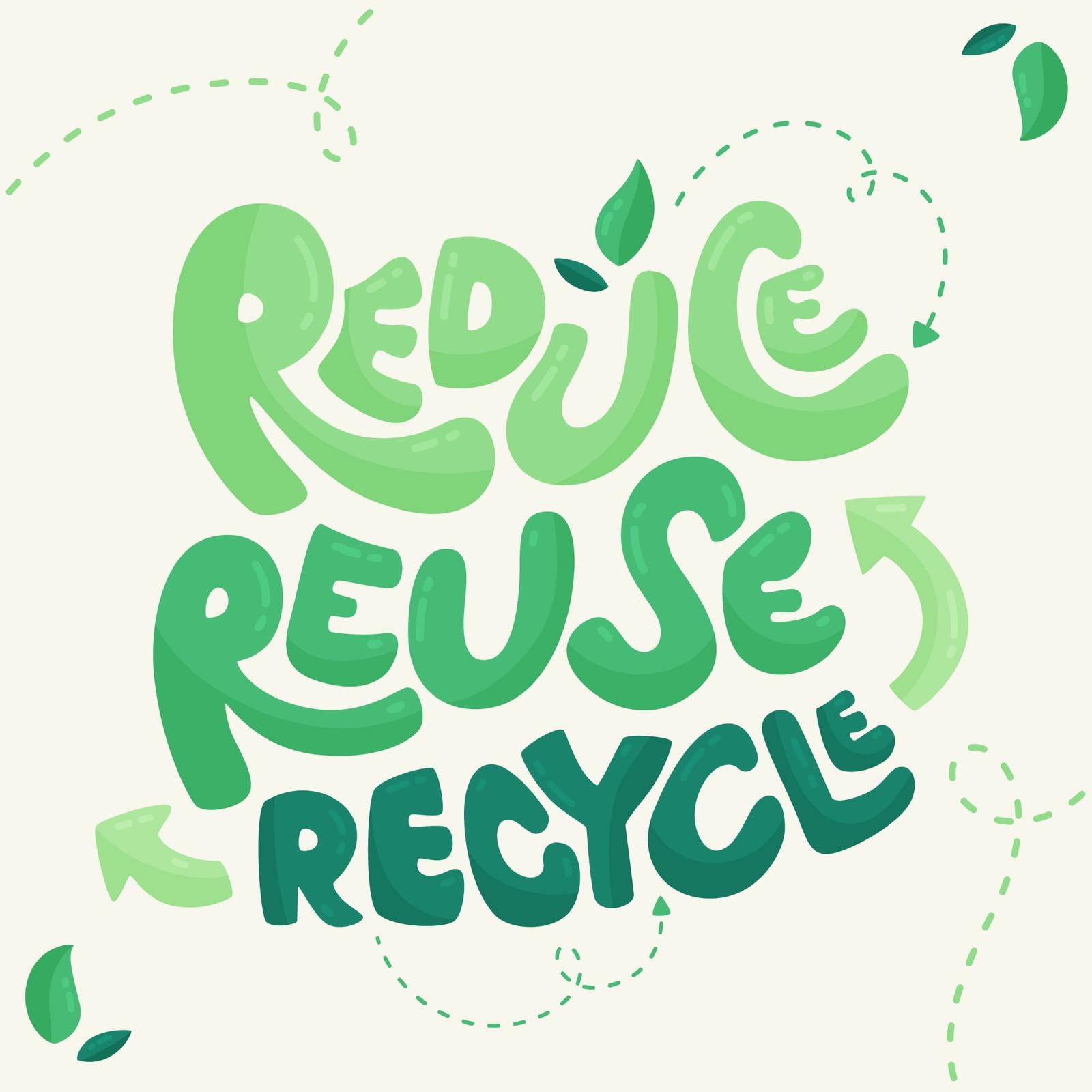Beach Bag
₹1,500.0
NOTE: This product has been crafted by hand and may have slight irregularities or imperfections in colour. These irregularities are the result of human involvement in the process and add to the finished product’s charm while ensuring you have a one-of-a-kind piece.
The UPCYCLED-HANDCRAFTED Beach Bag accommodates everything you need for your busiest of days. Perfect for errands – from a morning workout class to midday meetings and post-work drinks, weekends and travel, this minimalist tote has room for all of the essentials and more.
- Colour: Multicolored
- Capacity: 8 – 10 kg
- Dimensions: 20” x 5” x 15” (l x b x h)
- Product Details: UPCYCLED-HANDCRAFTED fabric made from waste plastic on the outside, inside lined with Muslin with cotton fabric straps and an outer zip. Three open pockets, one zipper pocket and a key holder on the inside.
Usage and Care
EcoKaari’s products are a great choice as your go-to everyday options. You can prolong the life of the products more by following some of our tips below.
- Spot clean only. Color may bleed if washed with others.
- Do not store or dry in direct sunlight.
- Keep away from extreme heat i.e., Dryers, Heaters, Iron etc.
- When not in use, kindly keep the respective product stuffed with newspapers to maintain its shape and store in the original packing it came in.
You must be logged in to post a review.
Q & A
- Materials: The eco Beach Bag is typically made from recycled or sustainably sourced materials. For example, if it's made from recycled plastics or organic cotton, this significantly reduces its environmental impact. Using recycled materials reduces the need for virgin resources, which lowers the energy and emissions associated with production. Organic cotton is grown without synthetic pesticides or fertilizers, which also reduces its carbon footprint.
- Manufacturing Process: The production process for the eco Beach Bag is likely optimized to be more energy-efficient and less polluting. This includes using renewable energy sources during manufacturing, minimizing waste through efficient production techniques, and employing water-saving practices. Reducing energy consumption and emissions during production directly lowers the carbon footprint of the product.
- Durability and Reusability: The eco Beach Bag is designed to be durable and long-lasting, which extends its lifecycle and reduces the need for frequent replacements. This durability minimizes the overall environmental impact associated with manufacturing and disposal. A longer-lasting product means fewer resources are needed over time.
- End-of-Life Management: Many eco-friendly products are designed with end-of-life management in mind. This might include making the bag recyclable or biodegradable. Effective end-of-life management ensures that the product does not contribute to landfill waste or environmental pollution.
- Transportation: If the eco Beach Bag is produced locally or regionally, it reduces the carbon footprint associated with transportation. Shorter shipping distances mean fewer emissions related to logistics.
Justifications with References and Scientific Explanations
- Recycled Materials: According to a study published in Journal of Cleaner Production, using recycled materials can reduce the carbon footprint by up to 60% compared to using virgin materials due to lower energy consumption in the recycling process (Geyer et al., 2017).
- Organic Cotton: Research from Textile Research Journal indicates that organic cotton farming has a lower carbon footprint compared to conventional cotton farming, mainly due to reduced synthetic inputs and improved soil health (Rathore et al., 2020).
- Energy Efficiency: The Environmental Science & Technology journal highlights that manufacturing processes that integrate renewable energy and waste minimization can cut carbon emissions significantly, contributing to a lower overall carbon footprint (Wang et al., 2018).
- Product Durability: A report from Sustainability journal states that the environmental impact of a product can be greatly reduced if it is designed for durability, which decreases the frequency of replacements and the associated resource use and emissions (Tukker et al., 2015).
- Transportation: According to the Transportation Research Part D: Transport and Environment journal, reducing transportation distances can significantly lower the carbon footprint of products due to decreased emissions from shipping (McKinnon et al., 2015).
General Inquiries
There are no inquiries yet.




Reviews
There are no reviews yet.